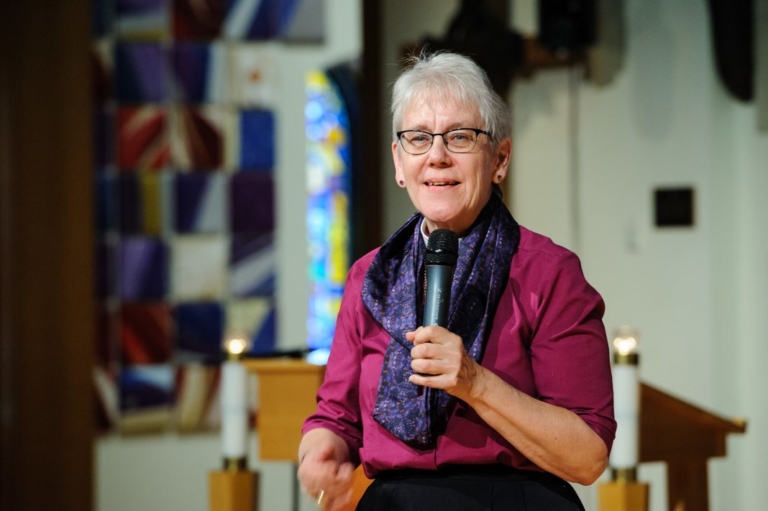On January 10 2008, Pitman wrote to his clergy demanding their allegiance:
In what could be the start of real schism in the Anglican Church, a Newfoundland bishop is demanding clergy come to the provincial capital to declare whether their loyalties lie with him or his predecessor, the leader of a breakaway conservative movement.
“Attendance at these gatherings is mandatory,” Cyrus Pitman, bishop of Eastern Newfoundland and Labrador warns in a Dec. 18 letter to clergy obtained by the Star.
Clergy from Eastern Newfoundland’s 33 parishes are to be in St. John’s on Jan. 21 to restate their ordination vows and to get new licences, with a date for those from the six Labrador parishes yet to be set.
On April 10 2008, Pitman fired one of his priests for upholding Biblical standards:
The Rev. Darrel Critch, Rector at St. Mary the Virgin on Craigmillar Avenue, St John’s, Newfoundland has been removed from his position by Bp. Pitman and Archdeacon Peddle.
This happened on the evening of Thursday the 10th of April at an emergency Vestry Meeting called by Bishop Pitman. Archdeacon Peddle showed up at the meeting and shortly thereafter Rev. Critch was relieved from his duties. Archdeacon Peddle has now been appointed administrator of St. Mary’s.
Why? Well what I have heard is that Rev. Critch made a stand on the Scriptures and removed a couple from choir who were living together in an immoral relationship.
In July 2008, Pitman made an attempt to compile a register of lay people who had left the Anglican Church of Canada to make sure that none of them exercise any ministry in an ACoC diocese:
LAY RELINQUISHMENTS
Lay people who have also left the Anglican Church of Canada are asked to indicate their intentions to the Bishop who will maintain a register for future information.
It seems clear to us that lay people who leave also relinquish their privilege to be part of any Ministry that they have been allowed to perform.
Not an obvious career path to ANiC, but I presume he has changed his mind. I wonder if he has apologised to those adversely affected by his past actions.
From here:
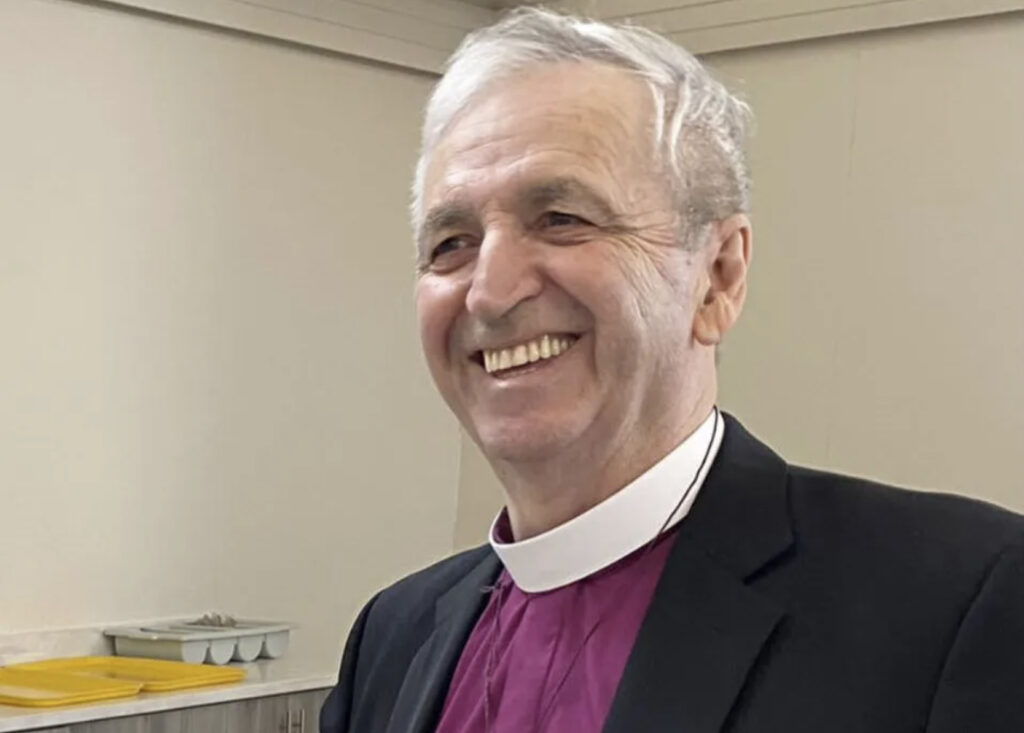 A retired Newfoundland bishop known for advocating for same-sex marriage has joined the Anglican Network in Canada (ANiC), a breakaway group of Anglican churches known for its opposition to same-sex marriage.
A retired Newfoundland bishop known for advocating for same-sex marriage has joined the Anglican Network in Canada (ANiC), a breakaway group of Anglican churches known for its opposition to same-sex marriage.
Bishop Cyrus Pitman, who was bishop of the diocese of Eastern Newfoundland and Labrador from 2004 to 2013, has come out of retirement to work for an ANiC member church in Newfoundland, the Anglican Journal has learned. ANiC is in turn part of the Anglican Church in North America, which formed a parallel and independent network of parishes in the late 2000s due to disagreement on issues of sexuality, among other doctrinal divisions.
In an email to the Anglican Journal, Pitman said he had surrendered his license as a bishop in the Anglican Church of Canada so that he could be licensed in ANiC.
“I have been worshipping for some time at the Church of the Good Samaritan where I am working with young men in our homeless shelter. This ministry to the homeless is what the gospel is all about. I am happy to continue to serve the Lord in this way,” he wrote.
In January 2008, Pitman asked clergy in the diocese of Eastern Newfoundland and Labrador to declare their loyalty to the Anglican Church of Canada at the same time that they renewed their ordination vows and licenses. At the time, the CBC reported he said that while there was room for legitimate disagreement within the church, leaving to join the incipient breakaway organization was going too far. Also at that time, his predecessor as bishop of Eastern Newfoundland and Labrador, Bishop Donald Harvey, was moderator bishop of ANiC, which was then in its infancy.
Susan Green is a parishioner in the diocese of Eastern Newfoundland. The daughter of a pastor, she says she can’t remember a life without the church in it. Pitman, whom Green knew through her family’s connection to the church, worked closely with her to advocate for same-sex marriage in the church. She says he was the first person to encourage her, along with her partner, Brenda Halley, to speak out about wanting their family to be affirmed in the church.
So when she heard he had left the Anglican Church of Canada to join ANiC, she says, she was surprised by the reversal.
Like this:
Like Loading...
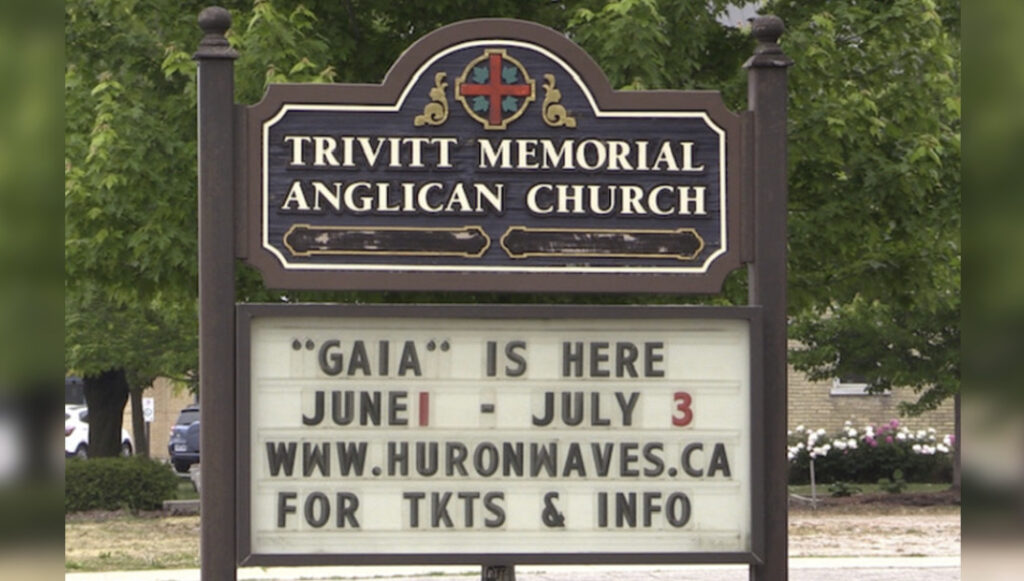
When you walk inside Trivitt Memorial Church in Exeter, Ont., it’s hard not to be taken aback by the sheer size and scale of the Earth, unlike what many people have ever seen.


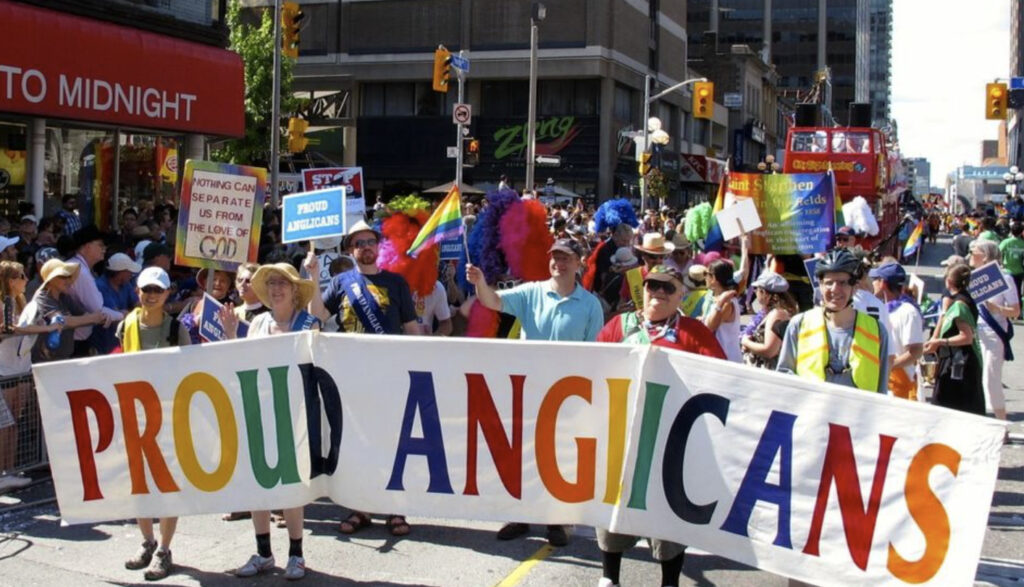 Dear Friends,
Dear Friends, Under the tutelage of Rev. Kevin George, the youth group at St. Aidan’s in London has painted some rainbow doors “to display as a sign of solidarity with the LGBTQ+ community”.
Under the tutelage of Rev. Kevin George, the youth group at St. Aidan’s in London has painted some rainbow doors “to display as a sign of solidarity with the LGBTQ+ community”.


 A retired Newfoundland bishop known for advocating for same-sex marriage has joined the Anglican Network in Canada (ANiC), a breakaway group of Anglican churches known for its opposition to same-sex marriage.
A retired Newfoundland bishop known for advocating for same-sex marriage has joined the Anglican Network in Canada (ANiC), a breakaway group of Anglican churches known for its opposition to same-sex marriage.
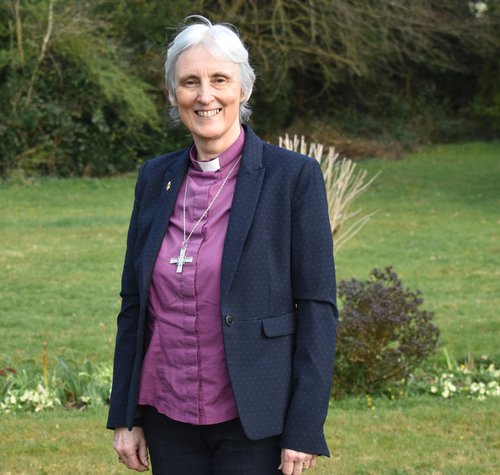 Bishop Joanna was elected in November 2016 and made history as the first woman to be consecrated as a Bishop in the Church in Wales in January 2017. She has served as Bishop for six years after a long and well-travelled ministry that took in the dioceses of Durham, Llandaff, St Asaph, Bath and Wells, Swansea and Brecon as well as a spell as Priest in the diocese which she later came to lead.
Bishop Joanna was elected in November 2016 and made history as the first woman to be consecrated as a Bishop in the Church in Wales in January 2017. She has served as Bishop for six years after a long and well-travelled ministry that took in the dioceses of Durham, Llandaff, St Asaph, Bath and Wells, Swansea and Brecon as well as a spell as Priest in the diocese which she later came to lead.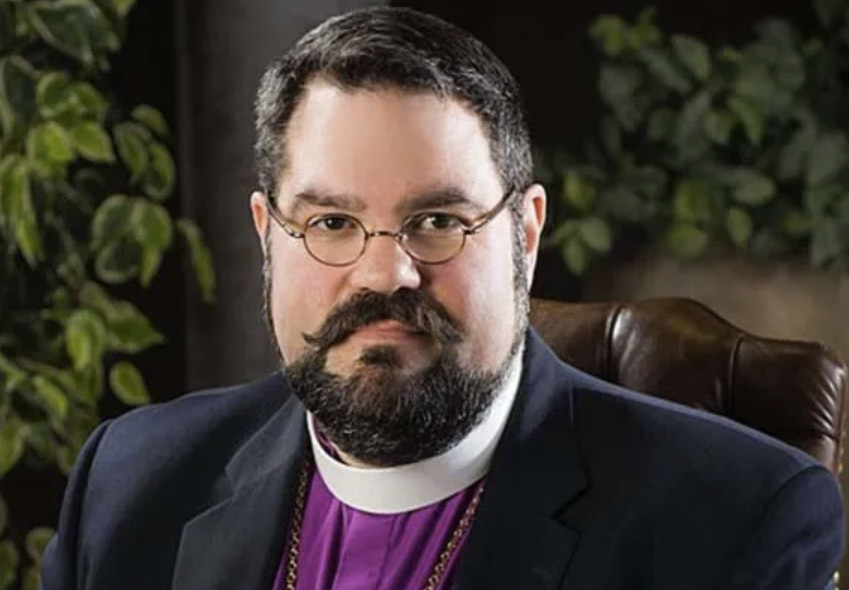 Only three days after he was elected as the next Bishop of Ontario, Bishop William Cliff of the Diocese of Brandon has been inhibited in both the Ecclesiastical Province of Ontario by Metropolitan Anne Germond and in his home Province of Rupert’s Land by Archbishop Greg Kerr-Wilson.
Only three days after he was elected as the next Bishop of Ontario, Bishop William Cliff of the Diocese of Brandon has been inhibited in both the Ecclesiastical Province of Ontario by Metropolitan Anne Germond and in his home Province of Rupert’s Land by Archbishop Greg Kerr-Wilson.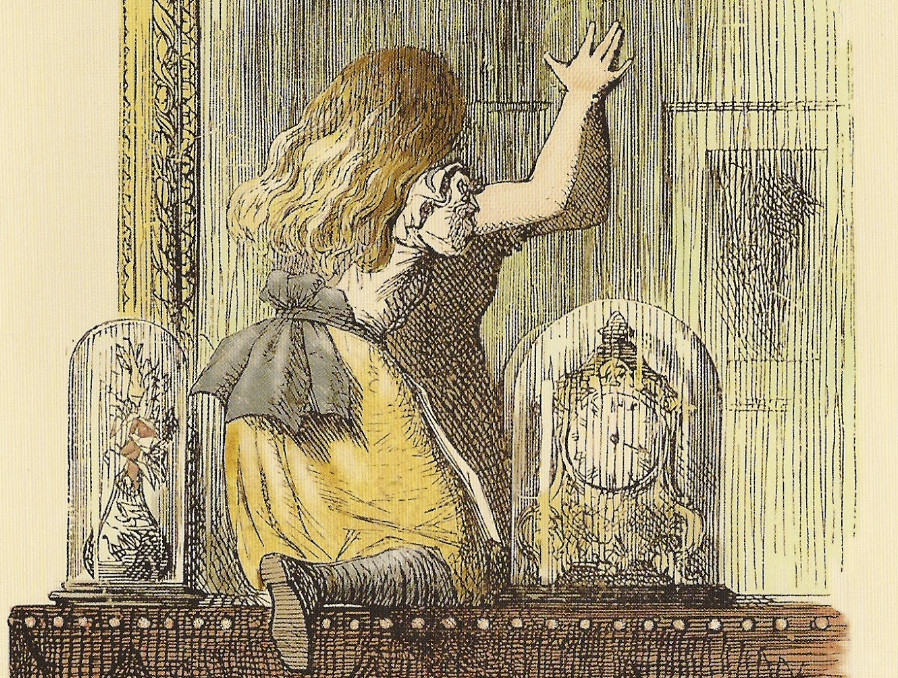 It’s hard to view the determination of Western Anglicanism to impose its obsessive adoration of homosexuality on African churches as anything other than neo-colonialism.
It’s hard to view the determination of Western Anglicanism to impose its obsessive adoration of homosexuality on African churches as anything other than neo-colonialism.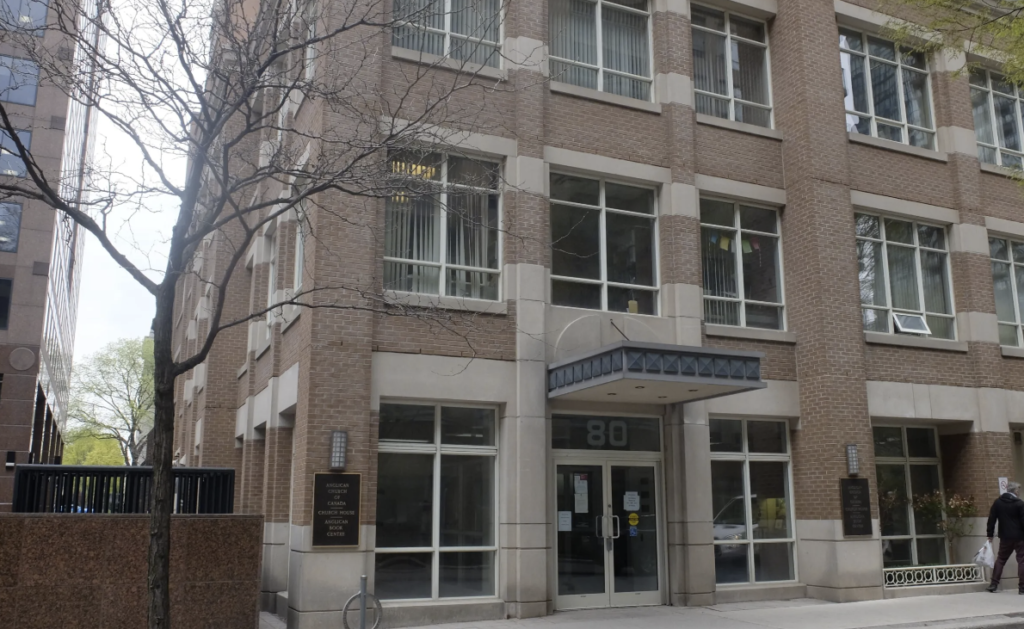 The office of General Synod may move out of its current office in Toronto into space owned by the United Church of Canada, the Anglican Journal has learned.
The office of General Synod may move out of its current office in Toronto into space owned by the United Church of Canada, the Anglican Journal has learned. Some years ago I attended what was supposed to be an ecclesiastical pep talk by the then primate, Fred Hiltz. As I listened to him with drooping eyelids, it occurred to me that his delivery, reminiscent of
Some years ago I attended what was supposed to be an ecclesiastical pep talk by the then primate, Fred Hiltz. As I listened to him with drooping eyelids, it occurred to me that his delivery, reminiscent of 